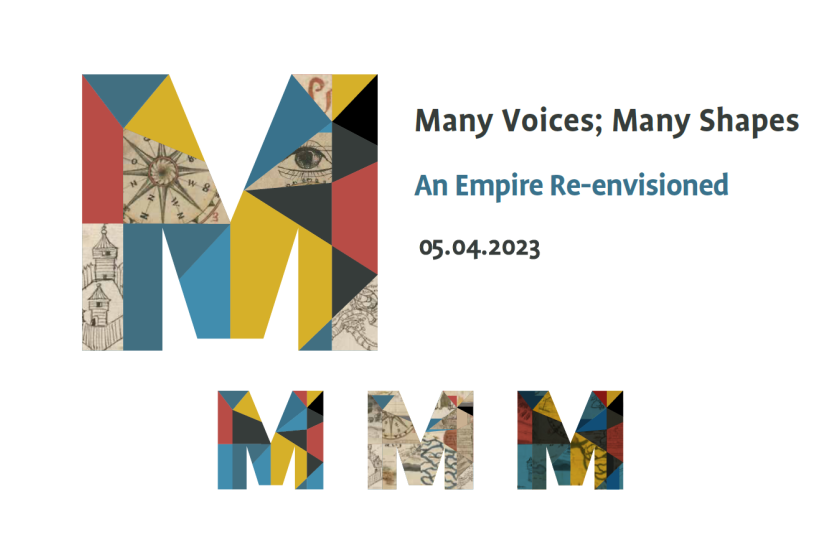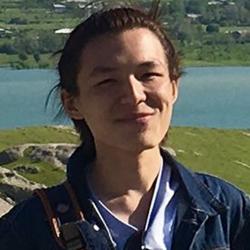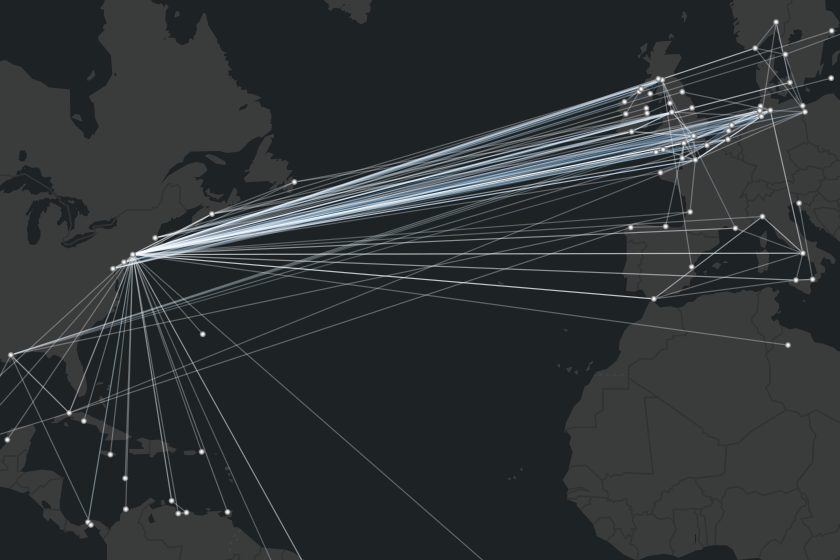Vivian Yingzi Wei serves as a Research Associate of Davis Center at Harvard University, contributing to The Imperiia Project's component ‘The Tsar's Trans-Atlantic Voyagers’. This initiative investigates various forms of migration within the Russian Empire during the 19th century, aiming to reconstruct social and cultural identities within broader historical contexts.
Vivian holds a Master of Science in Computational Science and Engineering from Harvard University and a Bachelor of Science in Industrial Engineering from Georgia Institute of Technology. After graduation, Vivian held positions at prestigious institutions such as Bank of America, PricewaterhouseCoopers, Coca Cola and Truist Bank, where she built her career path in quantitative analytics. In addition to her role at Harvard, Vivian is currently a senior program manager at Fannie Mae, specializing in Artificial Intelligence and Machine Learning. With over eight years of industry experience, her expertise in computational science is integral to her research pursuits and contributions to The Imperiia Project.
A significant milestone of her research work is the publication of the Tsar's Trans-Atlantic Voyagers dataset, a relational database accompanied with vector data, documenting the migration of over half a million subjects of the Russian Empire to the United States between 1834 and 1897. This dataset, published on Harvard Dataverse, allows researchers to study migration patterns, demographics, and occupational profiles of immigrants, providing invaluable insights into historical migration dynamics. Vivian had the honor of presenting this groundbreaking database and the comprehensive project as a panelist at the Greater Boston Digital Research & Pedagogy Symposium 2023.
Vivian finds fulfillment in her dual roles, bridging historical scholarship with contemporary issues and seeking to make impactful contributions to research and practice. Moving forward, her research aspiration is to leverage cutting-edge computational science, artificial intelligence, and machine learning methodologies to elevate the landscape of digital humanities research.












